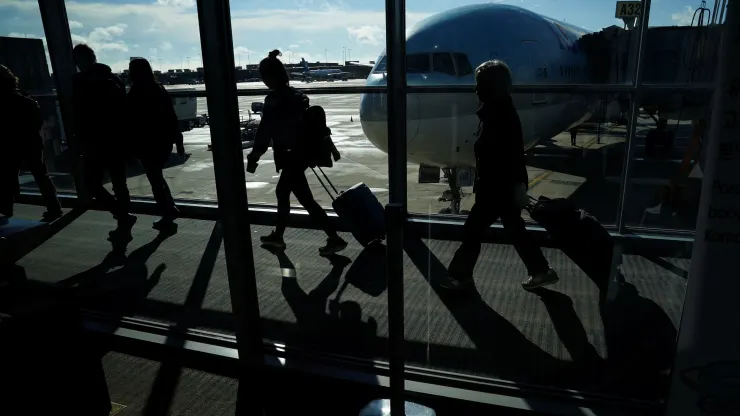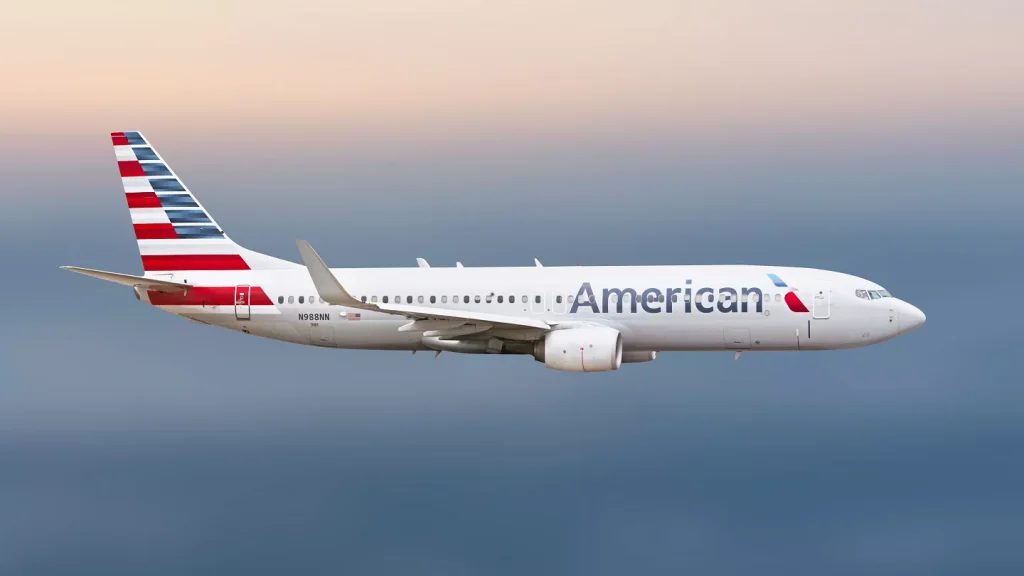As the air travel industry braces for an anticipated bustling holiday season, airlines are putting various tools and strategies to the test, aiming for more efficient operations and lower costs. This initiative comes on the heels of the challenging end to 2022, marked by a significant meltdown that left thousands of passengers stranded. While many of these improvements are taking place behind the scenes, their impact on enhancing the overall travel experience is expected to be substantial.

American Airlines took a pioneering step last year by introducing new technology for flight gate assignments at Dallas/Fort Worth International Airport, recognized as the world’s second-busiest airport and American’s largest hub. Operating out of 135 regional and mainline gates at this sprawling airport, American Airlines implemented these new procedures to replace a near-manual process that lasted for hours. The technology facilitated the optimization of flight paths, preventing many planes from traversing the airport from east to west, resulting in an average saving of two minutes of taxi time per flight. Cumulatively, this translated to approximately 11 hours saved each day.
The technological intervention achieved remarkable results, reducing taxi time by 20% and cutting gate changes and conflicts in half, according to American Airlines. The Smart Gating program, as it is called, has since been expanded to other major airports such as Charlotte Douglas International Airport, Miami International Airport, Ronald Reagan Washington National Airport, and more recently, Chicago’s O’Hare International Airport. Plans are also underway to potentially deploy this technology in Phoenix. The primary objective of this technology in various airports is to mitigate gate congestion, a common factor that can lead to delays in departure or arrival parking.
American Airlines Chief Operating Officer, David Seymour, highlighted the significant transformation brought about by the Smart Gating program, reducing the nightly process of gating the airline from four hours to a mere 10 minutes. The efficiency gains at the airports have contributed to American Airlines’ improved on-time performance, with 76.4% of its flights arriving within 15 minutes of their scheduled arrival times during the first eight months of the year. This performance ranks American Airlines third among major U.S. carriers for on-time arrivals, a notable improvement from fifth place during the same period last year.
Beyond gate assignments, airlines like United, Southwest, and Frontier are exploring innovative approaches to save valuable minutes. United Airlines recently introduced a new boarding procedure for economy class, potentially saving up to two minutes per flight. Southwest Airlines experimented with various methods, including improved signage and music on the jet bridge, while Frontier Airlines is working to expedite boarding and deplaning through pathways outside jet bridges, utilizing stairs directly onto and off the plane.
Faster boarding
Frontier Airlines’ CEO, Barry Biffle, emphasized the potential time savings of using two gates instead of one for boarding, estimating that this could shave off as much as 10 minutes from the turn time— the duration it takes for a plane to park, deplane, reload, and depart. The Denver-based airline is in discussions with several airports to expand this type of boarding, foregoing traditional jet bridges.
Efficiency gains, particularly in shorter taxi times and streamlined boarding processes, contribute not only to improved on-time performance but also to significant fuel savings, a major cost for airlines. American Airlines reported that its new gating program saves approximately 1.4 million gallons of fuel annually, equivalent to about $4 million based on current fuel prices at major U.S. airports.
The emphasis on time efficiency in various operational aspects reflects the commitment of airlines to enhance overall performance, reduce costs, and ultimately improve the travel experience for passengers. As these innovations continue to unfold and prove successful, the industry is likely to witness a positive ripple effect, translating into increased operational flexibility and greater passenger satisfaction.







